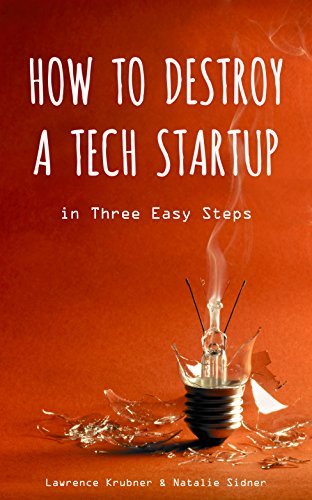What do you think?
Rate this book


225 pages, Kindle Edition
Published October 31, 2017
it would be a mistake to respond as if we were having a good faith conversation, eagerly trying to discover the real facts of the situation (p. 130)
the thing about reality is that it always wins in the end. (p. 143)